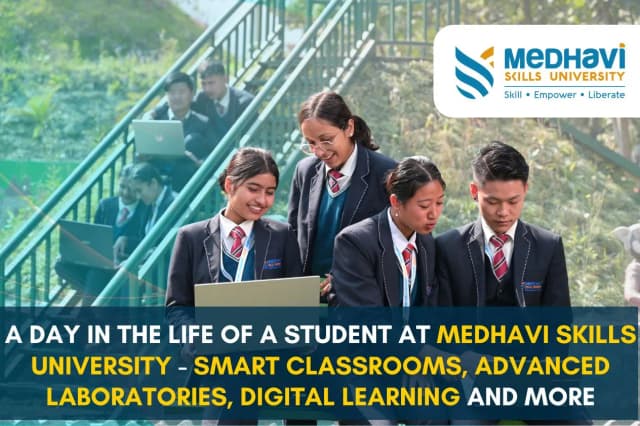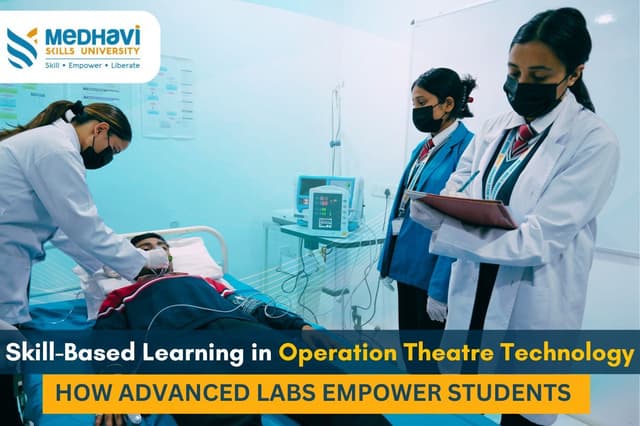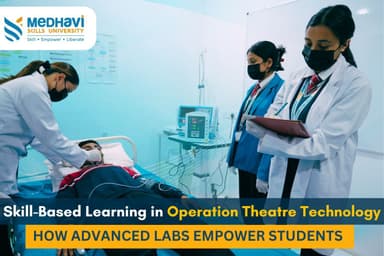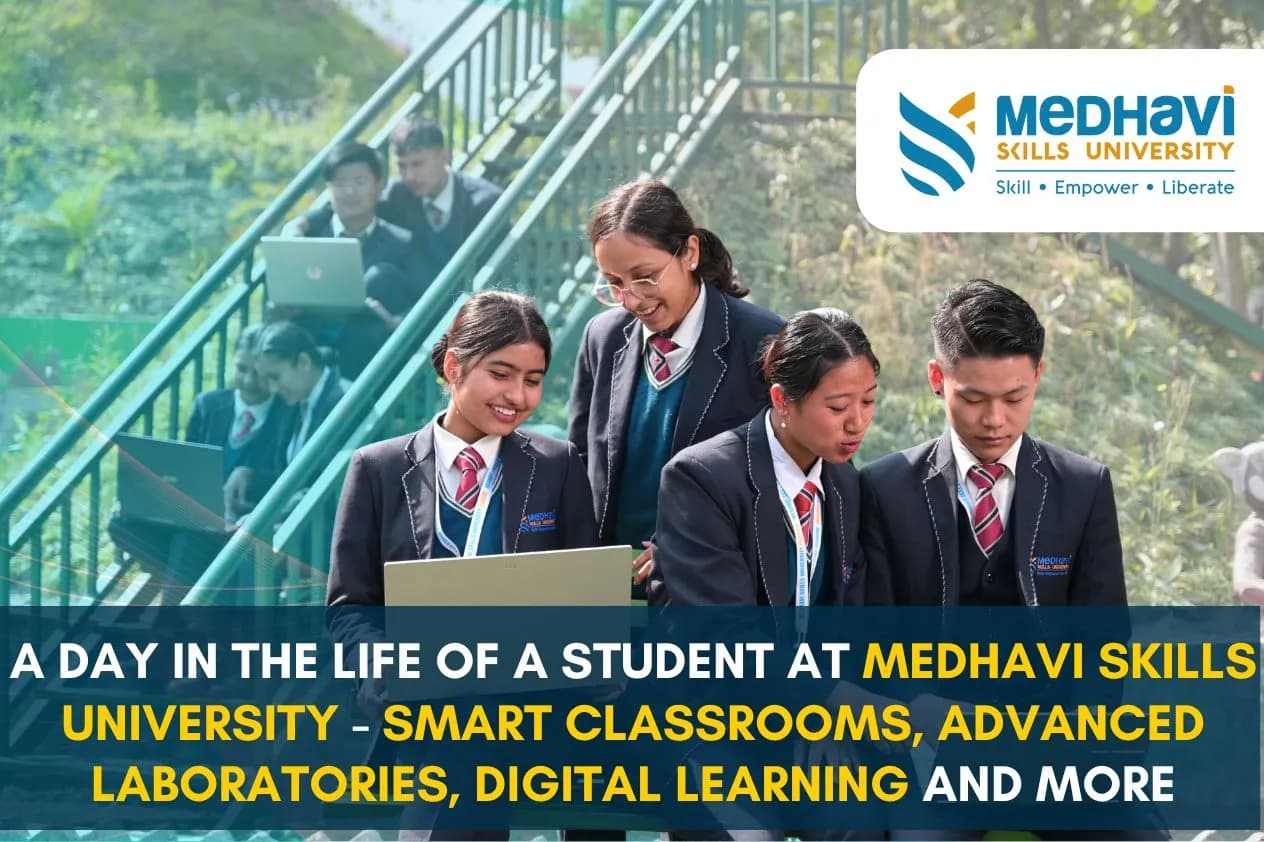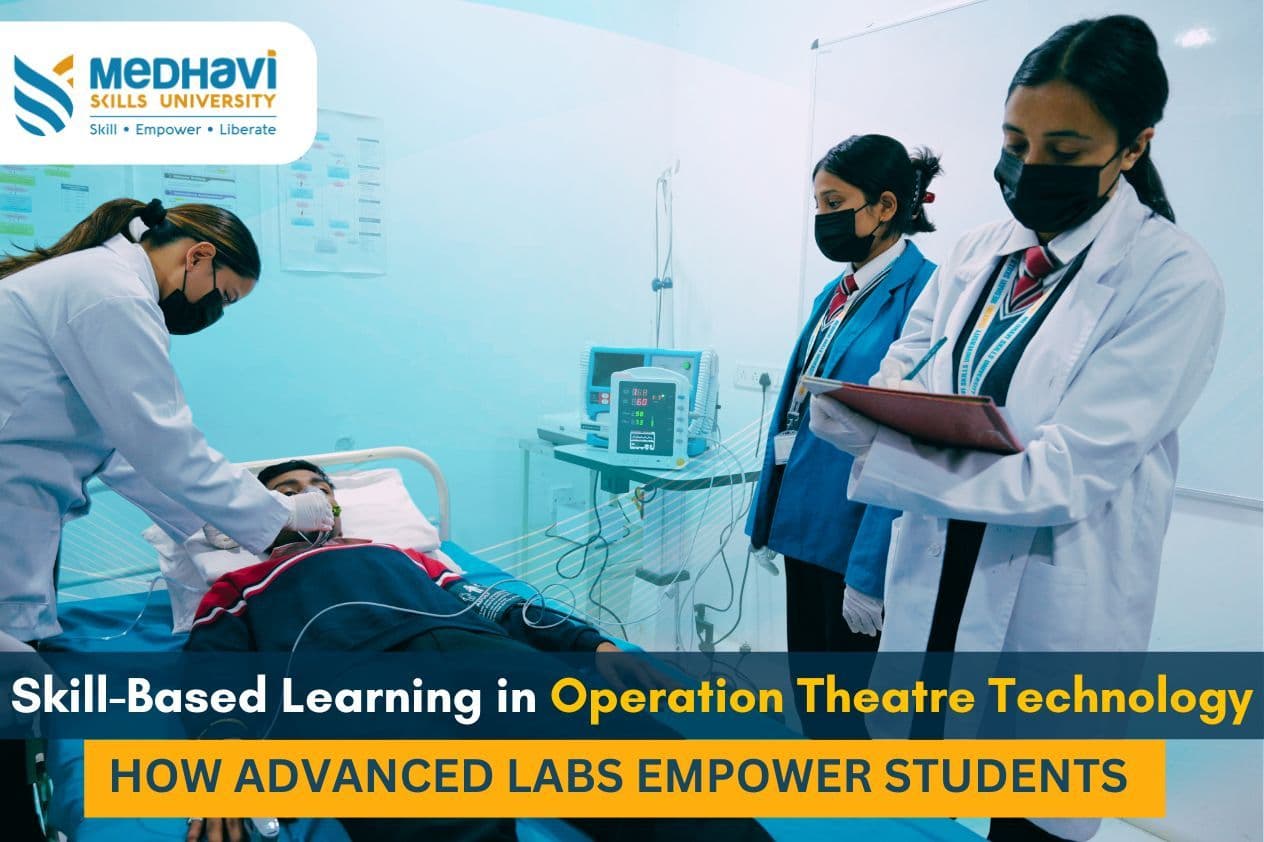The Central Apprenticeship Council CAC) has put forward a recommendation for a 36% increase in apprentice stipends, marking a pivotal moment in India's journey toward skill development. This ambitious initiative is set to enhance engagement, productivity, and workforce readiness across various sectors by reinforcing apprenticeship systems.
Enhancing Apprenticeship Through the 2023 Reforms
The 38th meeting of the Central Apprenticeship Council, led by Mr. Jayant Chaudhary, Minister of State, Ministry of Skill Development and Entrepreneurship (MSDE), was a significant milestone in the 2023 apprenticeship reforms. One of the main outcomes was the proposal to raise stipends under PM-NAPS and NATS, adjusting the stipend range from ₹5,000–₹9,000 to ₹6,800–₹12,300. This increase not only provides better financial incentives but also showcases the government's dedication to structured, industry-relevant skill development.

The Role of MSDE in Creating a Robust Apprenticeship Ecosystem
Thanks to the Ministry of Skill Development and Entrepreneurship (MSDE), India’s apprenticeship ecosystem has seen remarkable growth since the last Central Apprenticeship Council meeting in 2021. By May 2025, over 43.47 lakh apprentices have been trained under PM-NAPS, with support from more than 51,000 establishments. The ongoing reforms are focused on enhancing compliance, inclusion, and access across different regions and industries.
The Impact of the Stipend Increase on Industry and Youth
The proposed stipend increase is expected to lower apprentice dropout rates and attract more young people into hands-on learning opportunities. The recommendation also suggests biennial stipend adjustments linked to the Consumer Price Index (CPI), aligning the stipend structure with the broader salary increment cycles in July.
This strategy ensures a flexible model that adapts to inflation and labor market demands, making apprenticeships a more appealing and credible alternative to traditional education.

The Growth of NAPS and NATS as Key Skilling Pillar
The National Apprenticeship Promotion Scheme (NAPS) and the National Apprenticeship Training Scheme (NATS) are essential to India's work-based learning efforts. In the fiscal year 2024–25, NATS successfully trained over 5.23 lakh apprentices, mainly consisting of graduates and diploma holders.
Quote as an Image
"India is running the world's largest apprenticeship programme, and apprenticeship whether it's through national apprenticeship promotion scheme or it is through NAT scheme, which is done by the Higher Education Ministry, opens up a clear pathway for younger people to engage with industry and to become employable and get jobs"
- Mr. Jayant Choudhury
- Minister of State, Ministry of Skill Development and Entrepreneurship (MSDE)
The 2023 apprenticeship reforms are designed to align these schemes more closely with industry needs, introducing features like the Apprenticeship Embedded Degree Program (AEDP), optional trades, and streamlined operations categorized under specific National Industrial Classification (NIC) Codes. These initiatives are crucial for connecting academic knowledge with real-world applications.
An Inclusive Vision
With the increasing scope of apprenticeship programs through pure, blended and formats of learning, an increased possibility for employment is generated. The emphasis is on supporting rural youth, promoting gender equity, and ensuring accessibility for individuals from various socio-economic backgrounds.
Participation of females in apprenticeships has increased to 20%, which points towards a growing inclusivity in apprenticeship programs strengthened by improved financial support. The hike is a powerful tool in providing students with valuable industry experience and practical skills, making them job-ready helping them to ease within college from career.

Medhavi Skills University’s Role Through WISE
At Medhavi Skills University (MSU), we are committed to the goal of making apprenticeships both aspirational and impactful. Our WISE (Work Integrated Skill-based Higher Education) program allows students to engage directly with industries as part of their educational experience. The increased interaction between industry and academia will help further align curriculums with industry needs.
By gaining hands-on experience in real work settings and earning through apprenticeships, students not only acquire practical skills but also generate income, which eases financial burdens. Our partnerships with various industries ensure that learners are well-prepared for jobs in in-demand sectors while making valuable contributions to organizational success. This approach demonstrates how increasing stipends and providing structured industry exposure can lead to sustainable career advancement and economic empowerment.
Aligning Productivity with Policy
The recent increase in stipends for apprentices indicates a growing recognition at the policy level on how valuable apprenticeships are for nation building. With only 0.27% of India’s workforce as apprentices compared to 3% in the UK and Germany, formal regulation of apprenticeships through schemes like AEDP will allow youth to earn recognised degrees alongside hands-on training strengthening the education and skilling landscape while addressing industry needs. It is time, Higher Education Institutes (HEIs) recognise the efficiency of innovative on-the-job learning models for turning India’s demographic dividend into its competitive advantage.



